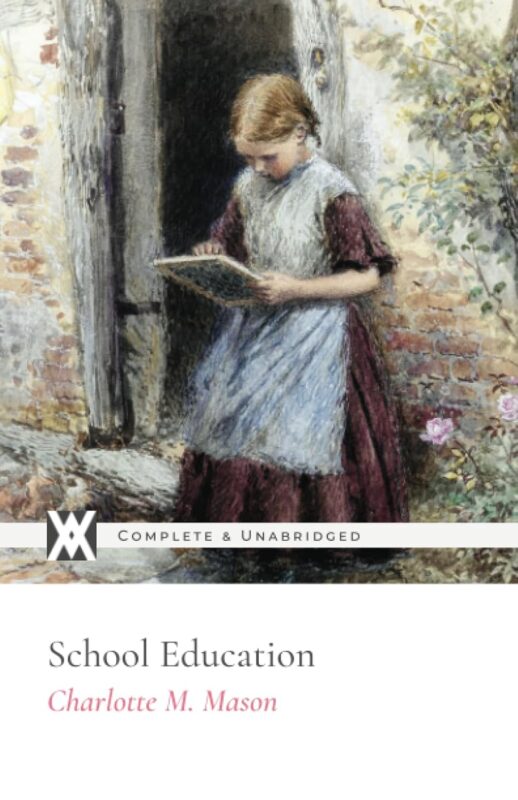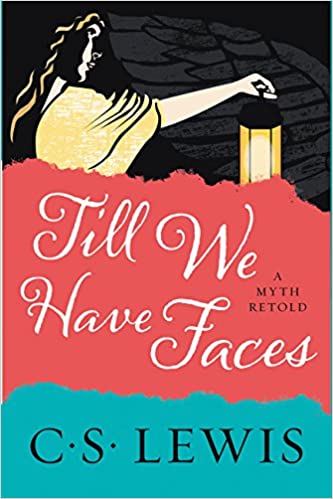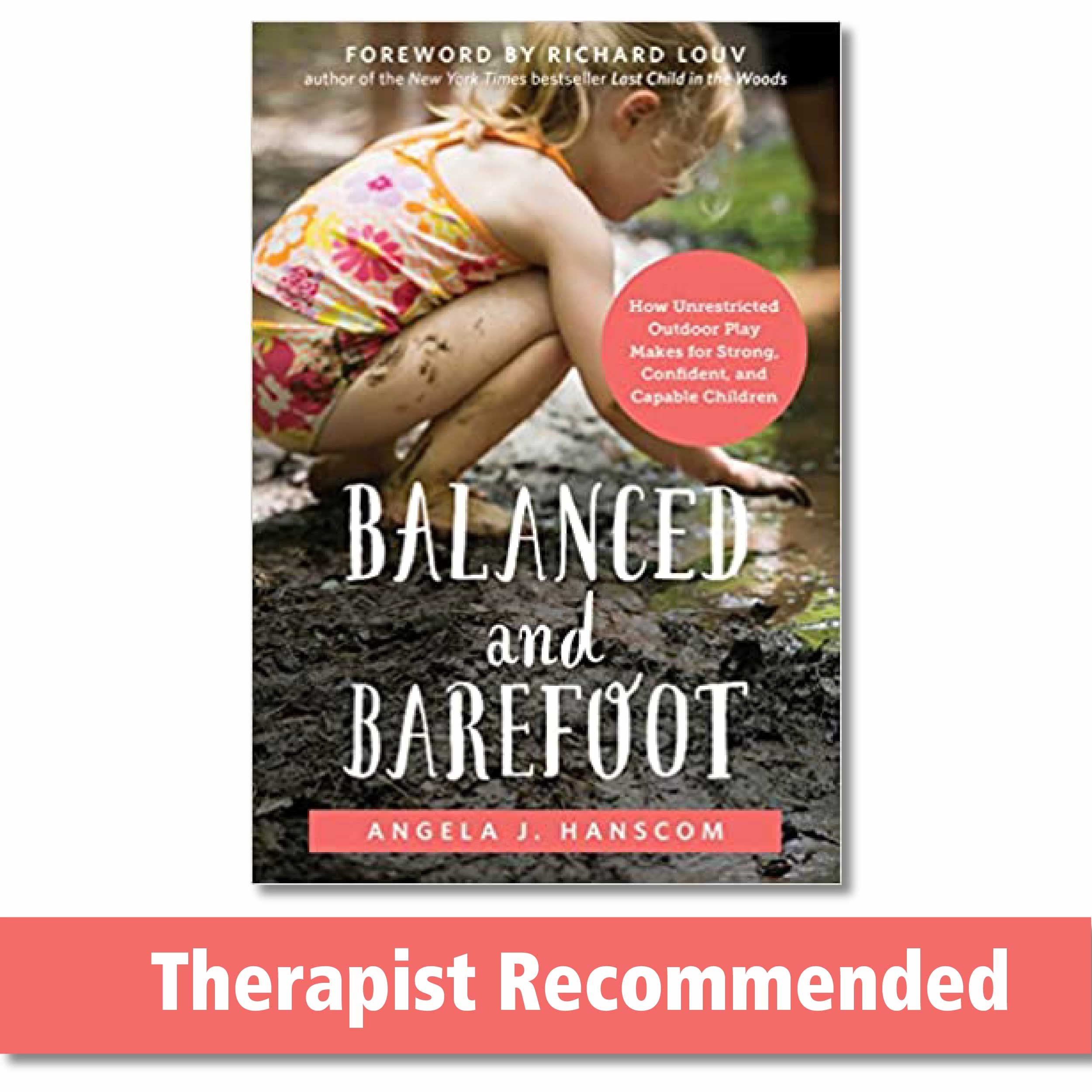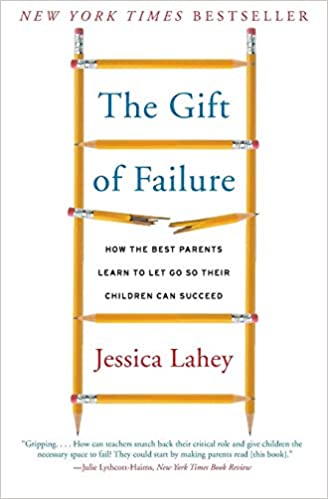Charlotte Mason’s School Education (Book 3 of the Home Education Series)
After teaching about educating young children (up to the age of nine) in Home Education, Charlotte Mason turns her attention to 9-12 year-olds in School Education. Along with examples of books and exams she instructs us on:– The rights of children– The value of holistic education– How to help your child learn for themselves– How to develop the whole person– The importance of living books in education– How grades and rewards kill curiosity
More info →Till We Have Faces
C. S. Lewis—the great British writer, scholar, lay theologian, broadcaster, Christian apologist, and bestselling author of Mere Christianity, The Screwtape Letters, The Great Divorce, The Chronicles of Narnia, and many other beloved classics—brilliantly reimagines the story of Cupid and Psyche. Told from the viewpoint of Psyche’s sister, Orual, Till We Have Faces is a brilliant examination of envy, betrayal, loss, blame, grief, guilt, and conversion. In this, his final—and most mature and masterful—novel, Lewis reminds us of our own fallibility and the role of a higher power in our lives.
More info →Balanced and Barefoot: How Unrestricted Outdoor Play Makes for Strong, Confident, and Capable Children
In this important book, a pediatric occupational therapist and founder of TimberNook shows how outdoor play and unstructured freedom of movement are vital for children’s cognitive development and growth, and offers tons of fun, engaging ways to help ensure that kids grow into healthy, balanced, and resilient adults.
Today’s kids have adopted sedentary lifestyles filled with television, video games, and computer screens. But more and more, studies show that children need “rough and tumble” outdoor play in order to develop their sensory, motor, and executive functions. Disturbingly, a lack of movement has been shown to lead to a number of health and cognitive difficulties, such as attention deficit/hyperactivity disorder (ADHD), emotion regulation and sensory processing issues, and aggressiveness at school recess break. So, how can you ensure your child is fully engaging their body, mind, and all of their senses?
Using the same philosophy that lies at the heart of her popular TimberNook program—that nature is the ultimate sensory experience, and that psychological and physical health improves for children when they spend time outside on a regular basis—author Angela Hanscom offers several strategies to help your child thrive, even if you live in an urban environment.
Today it is rare to find children rolling down hills, climbing trees, or spinning in circles just for fun. We’ve taken away merry-go-rounds, shortened the length of swings, and done away with teeter-totters to keep children safe. Children have fewer opportunities for unstructured outdoor play than ever before, and recess times at school are shrinking due to demanding educational environments.
With this book, you’ll discover little things you can do anytime, anywhere to help your kids achieve the movement they need to be happy and healthy in mind, body, and spirit.
More info →The Gift of Failure: How the Best Parents Learn to Let Go So Their Children Can Succeed
“Gripping…how can teachers snatch back their critical role and give children the necessary space to fail? They could start by making parents read Lahey.” — New York Times Book Review
In the tradition of Paul Tough’s How Children Succeed and Wendy Mogel’s The Blessing of a Skinned Knee, this groundbreaking manifesto focuses on the critical school years when parents must learn to allow their children to experience the disappointment and frustration that occur from life’s inevitable problems so that they can grow up to be successful, resilient, and self-reliant adults.
Modern parenting is defined by an unprecedented level of overprotectiveness: parents who rush to school at the whim of a phone call to deliver forgotten assignments, who challenge teachers on report card disappointments, mastermind children’s friendships, and interfere on the playing field. As teacher and writer Jessica Lahey explains, even though these parents see themselves as being highly responsive to their children’s well being, they aren’t giving them the chance to experience failure—or the opportunity to learn to solve their own problems.
Overparenting has the potential to ruin a child’s confidence and undermine their education, Lahey reminds us. Teachers don’t just teach reading, writing, and arithmetic. They teach responsibility, organization, manners, restraint, and foresight—important life skills children carry with them long after they leave the classroom.
Providing a path toward solutions, Lahey lays out a blueprint with targeted advice for handling homework, report cards, social dynamics, and sports. Most importantly, she sets forth a plan to help parents learn to step back and embrace their children’s failures. Hard-hitting yet warm and wise, The Gift of Failure is essential reading for parents, educators, and psychologists nationwide who want to help children succeed.
More info →



